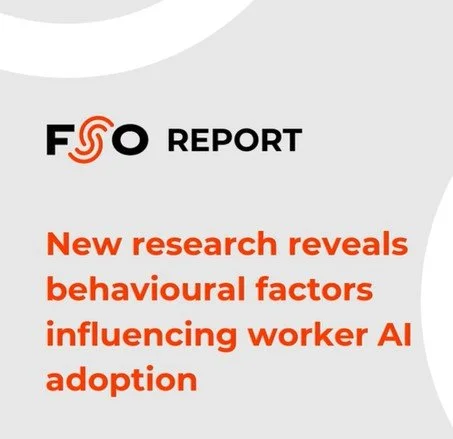
Publications
Working Papers
We are excited to announce the launch of the BITA Working Paper Series, and we are welcoming submissions!
This series aims to showcase the diverse and impactful research conducted within our Training Centre, providing a platform for early-stage work to engage a broader audience. Each working paper will be published on our Centre’s website and announced on our LinkedIn page. It's a great opportunity to receive feedback, gain visibility, and contribute to the research profile of our Training Centre.
We welcome submissions of early-stage work as well as pre-accepted versions of recently published works.
Journals and Articles
Our Training Centre takes great pride in the scholarly contributions made by our researchers, whose work spans a diverse range of fields and disciplines. Through our journals and publications, we showcase the innovative research and groundbreaking ideas that emerge from our vibrant academic community. Explore our latest publications and discover the impact of our research on both academic and practical applications:
Supporting Generative AI Adoption by Workers: The Role of Employers
Our project with industry partner, Future Skills Organisation, has revealed why some finance, technology and business sector employees embrace AI, while others face barriers. findings include:
- Informal 'shadow AI' use, is already widespread, presenting both risks and opportunities
- Trust and usability matter more than technical sophistication
- Small businesses and priority cohorts face the steepest barriers to adoption
- Skills are shifting towards capabilities that complement AI, rather than compete with it
Read the full report here
The fine line between framing and misinformation in government
Published: 2024
Author: Trish Galliford
Supervisors: Benno Torgler and Ho Fai (Ben) Chan
Partner: John Glenn and Kiah
-
Effective communication can significantly influence public perception, highlighting the fine line between being influential or manipulative. Misrepresentation, whether unintentional or intentional, can undermine public trust and policy efficacy. Framing shows how different presentations of the same information can lead to varied conclusions, shaping public reception of transportation policies and innovations. Governments use framing to ensure policy understanding and support, but when it shifts to misinformation, it can erode trust and result in significant societal costs. Effective public policy communication must balance substance with how policies are communicated to cultivate trust and achieve positive outcomes. The key message for public service is to consider the consequences of not only what you say but how you say it, especially in transportation innovation.
-
The study explores whether surgeons and biomaterial scientists and tissue engineers process information similarly or differently, affecting the translation of innovations from research to clinical practice. The hypothesis is that psychological differences between these groups hinder clinical application. Using an online survey with a behavioral economics cognitive framing experiment, data from 208 surgeons and 59 bio scientists and tissue engineers revealed no significant occupation-based framing bias. However, within-group differences showed surgeons' preferences varied with framing: positive framing led to higher rankings for autologous bone graft and Ilizarov bone transport methods compared to negative framing. This suggests that framing influences surgical decision-making.
Artificial Intelligence and Big Data in sustainable entrepreneurship
Published: January 2024
Authors: Bickley, Steve J., Macintyre, Alison, and Torgler, Benno
Lost in Translation: the lack of agreement between surgeons and scientists regarding biomaterials research and innovation for treating bone effects
Published: November 2024
Authors: Laubach, Marcus; Whyte, Stephen; Chan, Ho Fai; and Hutmacher, Dietmar
-
Transitioning to ecological sustainability requires radical changes in decision-making and resource use. Sustainable entrepreneurship (SE) is often seen as a solution to triple-bottom-line challenges, but its potential is limited. SE is beginning to adopt advanced technological tools for empirical decision-making guidance. Big Data (BD) enhances artificial intelligence (AI)'s ability to inform decisions and achieve desired outcomes, but the interaction between AI, BD, and SE is under-studied. This conceptual paper consolidates these literatures, suggesting that AI and BD can advance both weak and strong forms of sustainability. We propose two ways AI and BD can support SE and outline future research avenues.






